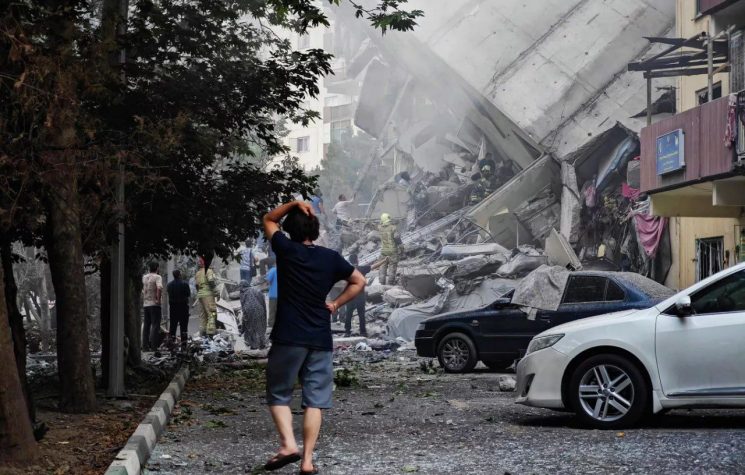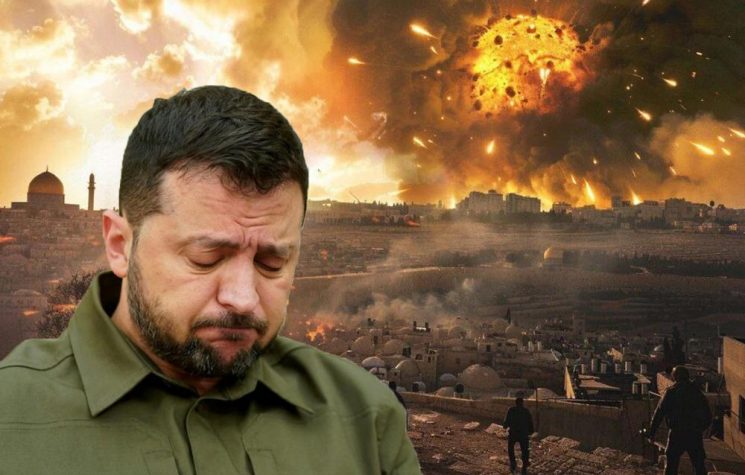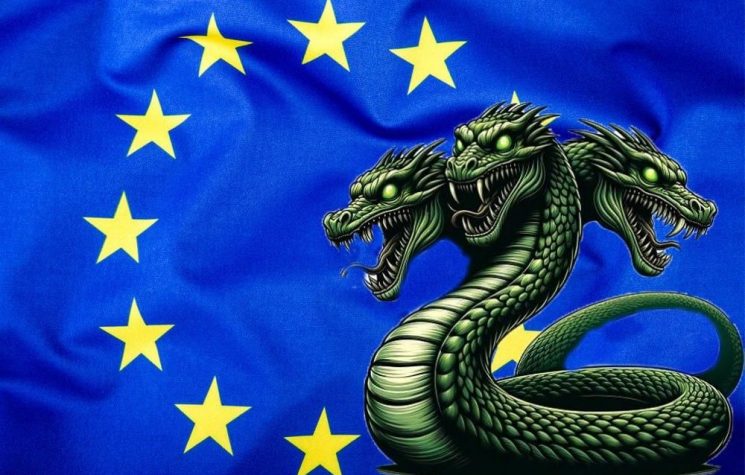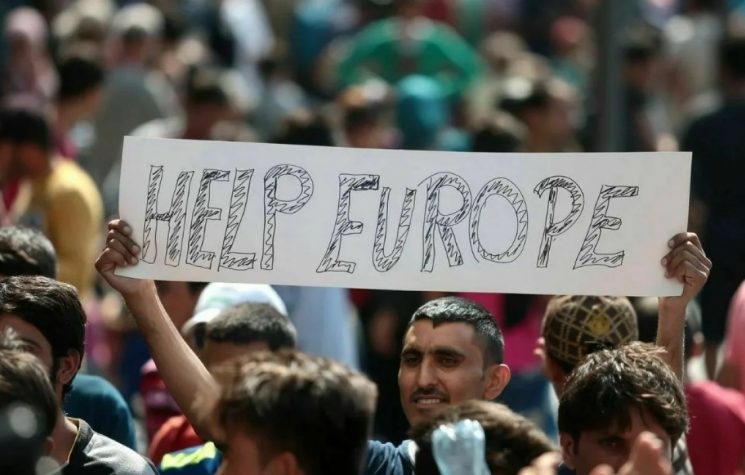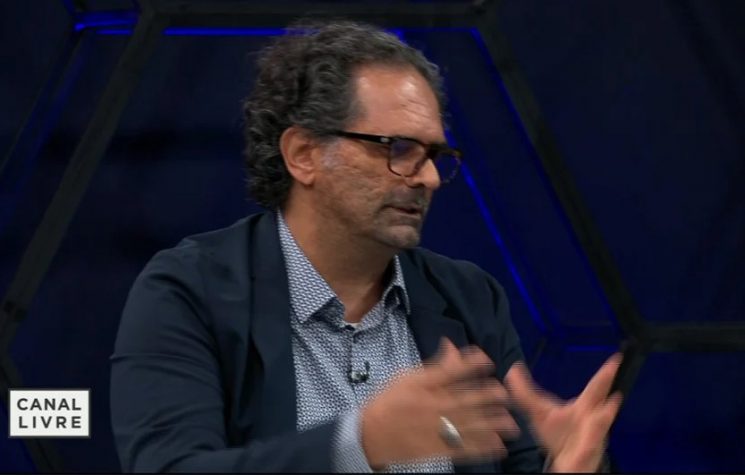In the end, the Zionist entity and the Kiev regime are instruments of the same Western hegemony project
Join us on Telegram![]() , Twitter
, Twitter![]() , and VK
, and VK![]() .
.
Contact us: info@strategic-culture.su
While global attention remains focused on the rising tensions between Israel and Iran, a significant development has been largely ignored by Western media in recent days: the revelation of Israel’s involvement in the arming campaign for Ukraine.
Despite publicly maintaining an appearance of military neutrality in the conflict between Moscow and Kiev, the State of Israel has quietly deepened its collaboration with Western military interests in Ukraine. Recent statements from Israeli diplomatic representatives make it clear that Tel Aviv not only politically supports Kiev but also directly participates in the military effort against Russia.
In an interview with Ukrainian media, the Israeli ambassador in Kiev confirmed that air defense systems originally supplied by the United States to Israel were transferred to Ukraine. According to him, the delivery was deliberately kept secret and away from international headlines, demonstrating Israel’s attempt to participate in the conflict without attracting negative consequences.
The omission of logistical details about the delivery reveals a clear attempt to preserve an appearance of neutrality before the public. It remains unclear whether the equipment was sent directly by Israel or through third parties, suggesting an internationally coordinated operation to avoid diplomatic friction with Moscow.
Until recently, Tel Aviv claimed a stance of non-involvement in the Ukraine conflict, citing concerns about potential Russian retaliation—particularly in Syria, where Russian forces maintain a strategic presence. However, this justification is becoming increasingly obsolete in light of Israel’s actual behavior.
Historically, Russia has acted as a stabilizer in Syria, preventing clashes between Israel and anti-Zionist groups from escalating into a broader regional war. However, the regime change in Damascus — with the new government composed of former Al-Qaeda members — shifted the balance of power in the region, favoring Israeli interests. In a sense, this change emboldened Israel to take more provocative military actions, not only regionally, but also in conflicts outside its immediate sphere of interest.
The recent neutralization of Shiite militias in Syria, which were aligned with Tehran, and the rapprochement between the new Syrian government and Israel have created a more favorable environment for Tel Aviv’s foreign military maneuvers. Feeling less vulnerable to indirect retaliation, Israel now appears more willing to expand its involvement in conflicts beyond the Middle East, such as the one in Ukraine.
It’s important to recall that the first signs of Israeli military involvement in Ukraine emerged after U.S. missiles were withdrawn from Israeli territory and transferred to bases in Eastern Europe — specifically Poland, from where they were expected to be sent to Ukraine. At the time, some newspapers reported the story, but the absence of official confirmation left the issue unresolved and debatable. Now, with official admission, it is evident that Israel’s collaboration in the Western military campaign in Ukraine is a consolidated reality.In the face of this hostile posture from Tel Aviv, Russia is likely to strengthen its regional alliances as a way to counterbalance Israeli actions. The partnership between Moscow and Tehran — recently reinforced through security and defense cooperation agreements — represents a strategic response to Western provocations against both countries and may also serve as a way to rein in Israel’s increasing “boldness,” both in the Middle East and abroad.
While Israel ignores the risks of regional destabilization by engaging in NATO-sponsored conflicts, Moscow has chosen to solidify ties with regional powers that share a multipolar vision of world order. Russian support for Iranian military development could serve as a clear warning that Israel’s involvement in proxy wars might carry a high price.
Israel’s decision to more openly support the Kiev regime marks a significant shift in its foreign policy, abandoning previous caution in favor of a stance more aligned with the interests of the Collective West. However, this move may bring unforeseen consequences — not only at the regional level but also in the structure of its bilateral relationship with Moscow.
Rather than seeking to preserve diplomatic channels with a major power like Russia, Israel appears willing to sacrifice this strategic relationship to appease its Western allies. In the long run, this gamble could prove to be a major geopolitical miscalculation — especially if Russia responds by deepening its military support for Tel Aviv’s most feared regional adversary: the Islamic Republic of Iran, which is also the political and military brain behind Hezbollah, the Houthis, and key Palestinian Resistance movements.












